Ragdoll
Ragdoll
America’s Gentle and Affectionate Lap Cat
1. Introduction to the Breed
The Ragdoll, securing the #3 spot among the top cat breeds owned by Americans in 2024, is a gentle and affectionate feline renowned for its striking blue eyes and plush, silky coat. Known for their docile temperament and tendency to go limp when held, Ragdolls are beloved by families, singles, or seniors seeking a cuddly, relaxed companion. Their luxurious appearance and loving nature make them ideal for calm households, from urban apartments to suburban homes, where their warmth and charm shine.
2. History of the Breed
Developed in California in the 1960s by breeder Ann Baker, Ragdolls were created by crossing Persian and Birman-like cats to produce a breed with a calm demeanor and soft coat. Named for their relaxed, ragdoll-like behavior when picked up, they gained popularity for their beauty and temperament. Recognized by the Cat Fanciers’ Association (CFA) in 1993 and later by other registries, Ragdolls have become a favorite in the U.S. for their roles in cat shows and as devoted family pets, captivating owners with their serene disposition.
3. Physical Characteristics
- Typical Size and Weight: Ragdolls are large, standing 9–11 inches tall at the shoulder and weighing 10–20 pounds (males) or 8–15 pounds (females), with a sturdy, elongated build.
- Coat and Color: Their semi-long, plush coat is dense and soft, in colorpoint, mitted, bicolor, or lynx patterns, with colors like seal, blue, chocolate, or lilac. The coat sheds moderately and requires regular grooming.
- Distinctive Features: Ragdolls have a broad head, large, vivid blue eyes, and small, rounded ears. Their bushy tail and silky fur enhance their elegant, cuddly appearance.
4. Personality Traits
Ragdolls are gentle, affectionate, and docile, with a calm personality that makes them exceptional lap cats. They form strong bonds with families, enjoying gentle interaction with children and familiar pets, and their relaxed nature makes them adaptable to various environments. Ragdolls are vocal, often purring or softly meowing to communicate, but rarely demanding. Their intelligence and easygoing demeanor suit owners who can provide affection and a peaceful setting to prevent stress or boredom-driven behaviors like overgrooming.
5. Care Requirements
- Exercise Needs: Ragdolls need 20–40 minutes of daily play, such as gentle chasing games, feather wands, or climbing low cat trees. Mental stimulation through puzzle toys or window perches satisfies their mild curiosity.
- Grooming Needs: Their semi-long coat requires brushing 2–3 times per week to prevent matting and hairballs, with extra care during shedding seasons. Regular ear cleaning, nail trimming, and dental care maintain health, as they’re prone to dental issues.
- Dietary Considerations: A balanced, high-protein diet supports their energy and coat health. Portion control prevents obesity, which can strain their large frames, and foods with omega fatty acids reduce skin sensitivities. Fresh water is essential for their relaxed lifestyle.
6. Health and Lifespan
Ragdolls have an average lifespan of 12–17 years. Common health issues include hypertrophic cardiomyopathy (HCM), polycystic kidney disease (PKD), obesity, and urinary tract issues. Regular vet checkups, heart and kidney screenings, and a healthy lifestyle mitigate risks. Owners should monitor for lethargy, weight gain, or litter box changes and ensure a balanced diet to support overall health. Genetic testing from breeders reduces hereditary concerns, particularly for HCM and PKD.
7. Training and Socialization
Ragdolls are intelligent and responsive, readily learning behaviors like using a scratching post or litter box with positive reinforcement using treats or praise. Their docile nature makes training gentle and straightforward, though their relaxed demeanor may require engaging sessions to maintain interest. Early socialization ensures comfort with strangers, children, and other pets, reducing shyness or stress. Teaching simple tricks or routines keeps their mild curiosity engaged. Interactive play or training prevents boredom-related behaviors like overgrooming.
8. Ideal Home Environment
Ragdolls thrive in calm, secure homes, ideal for urban apartments or suburban settings where they can relax and cuddle. They suit families, singles, or seniors who enjoy gentle interaction and a peaceful atmosphere. Indoor spaces with cozy bedding, low climbing structures, or window perches satisfy their mild exploratory needs. Owners should provide a stress-free environment with toys and scratching posts to prevent boredom and ensure a nurturing setting for their affectionate nature.
9. What’s the Best Toy for My Ragdoll?
Ragdolls enjoy toys that suit their gentle, relaxed nature and mild playfulness. Soft plush toys for cuddling or gentle wrestling mimic prey, providing 10–15 minutes of engagement, perfect for their calm demeanor, with supervision to prevent tearing. Lightweight feather wands encourage slow chasing or pouncing, ideal for 10–15 minute interactive play sessions to satisfy their hunting instincts. Small, sturdy balls for batting offer solo play, suitable for 10–15 minute sessions in a secure space. Interactive puzzle toys with treat compartments engage their mild curiosity, keeping them occupied indoors for 10–15 minutes. Avoid high-energy or small, swallowable toys to protect their relaxed nature. Rotate toys regularly and pair with gentle games for engagement.
10. Adoption and Breeder Tips
Choose breeders affiliated with the Ragdoll Fanciers’ Club International or CFA, ensuring health clearances for heart (HCM), kidneys (PKD), and eyes. Visit the breeder to assess kitten health, meet parents for temperament insights, and confirm ethical practices, including socialization and clean facilities. Rescues like Ragdoll-specific organizations offer adoptable cats, often with known histories. Avoid unregulated breeders or pet stores, as Ragdolls are prone to health issues if poorly bred. Ask about genetic testing, socialization, and coat care to ensure a healthy, well-adjusted cat suited to your lifestyle.
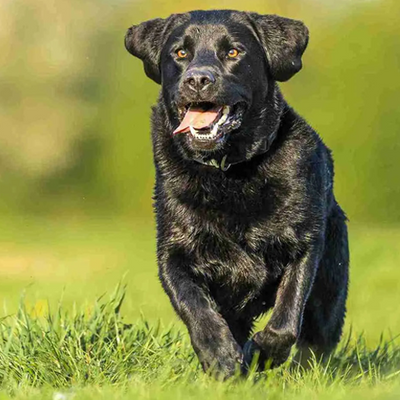
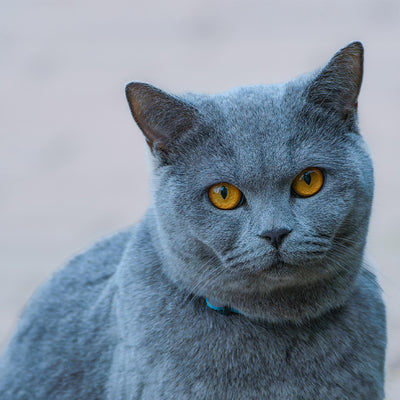
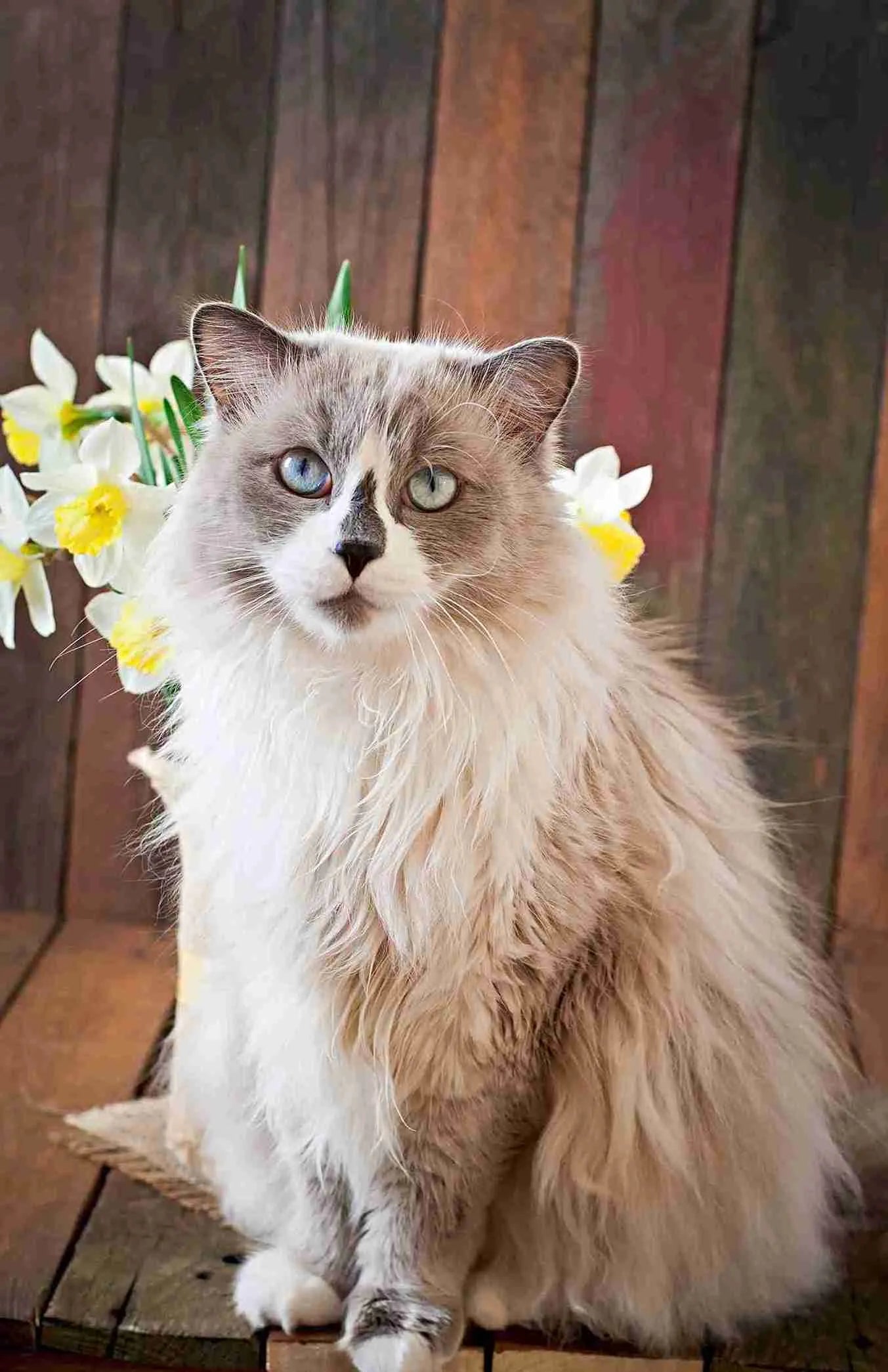
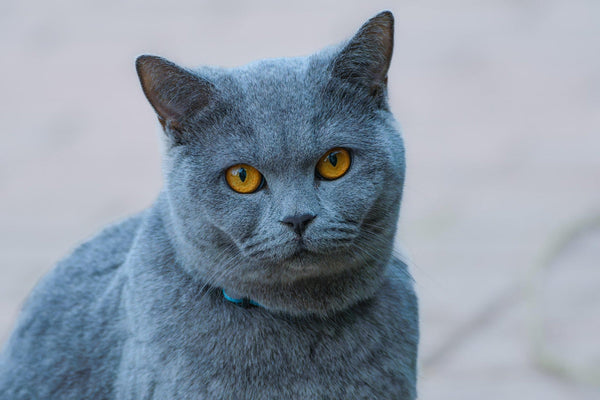
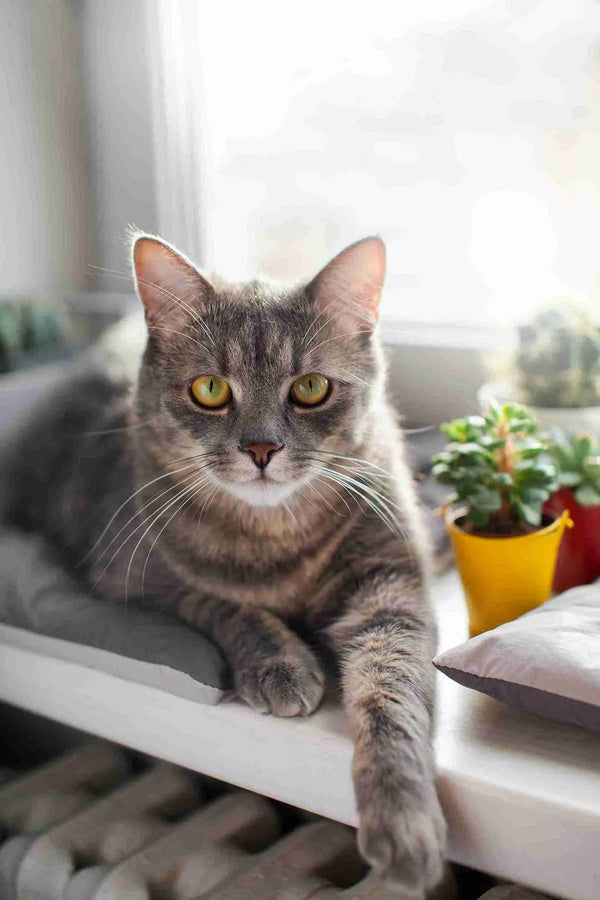
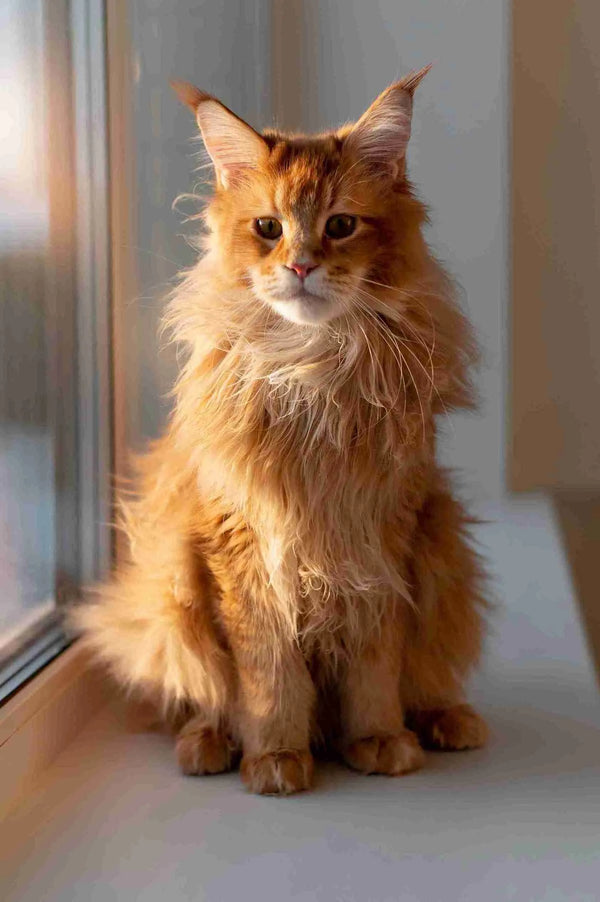
0 comments